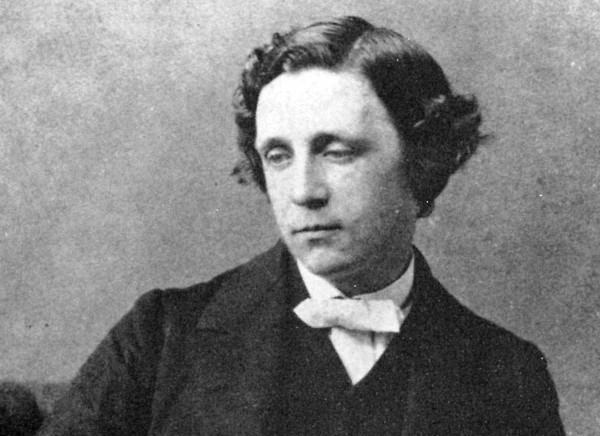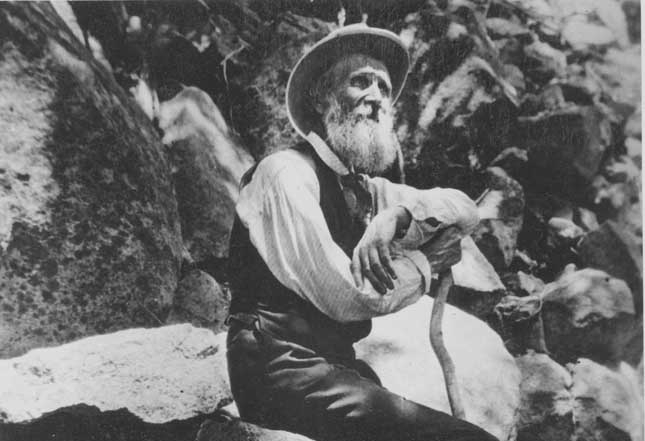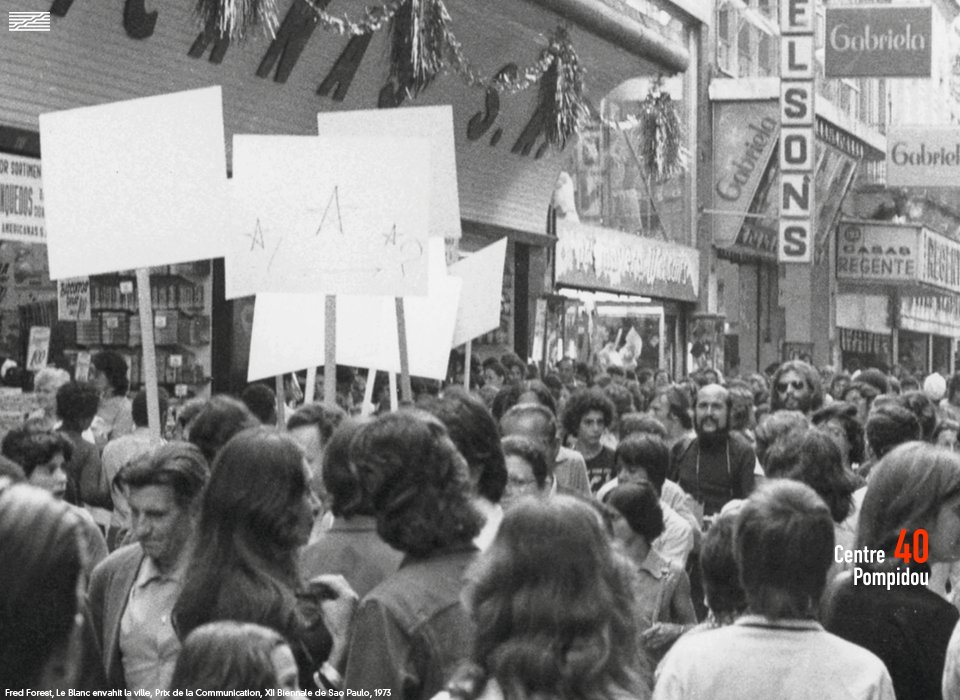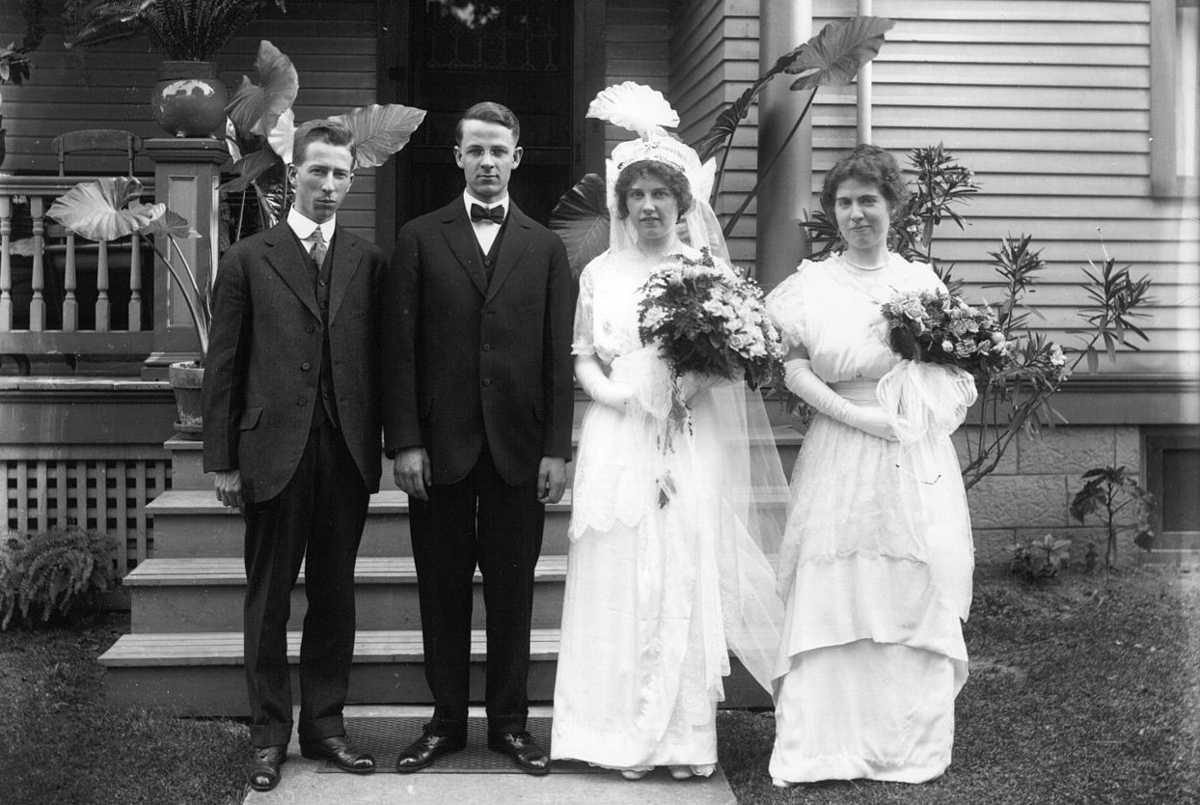(3 + 3 + 6) + (32 + 32 + 62) + (33 + 33 + 63) = 336
(By Mike Keith.)
07/20/2017 UPDATE: For more, see OEIS A240511, “Numbers that are equal to the sum of their digits raised to each power from 1 to the number of digits.” (Thanks, Dave.)
(3 + 3 + 6) + (32 + 32 + 62) + (33 + 33 + 63) = 336
(By Mike Keith.)
07/20/2017 UPDATE: For more, see OEIS A240511, “Numbers that are equal to the sum of their digits raised to each power from 1 to the number of digits.” (Thanks, Dave.)

When Portland, Oregon, carpeted its airport in 1987, it chose a bold design in blues and greens rather than the unmemorable beige underfoot in most American terminals. Designer John Schleuning composed a pattern that reflected the airport’s intersecting North-South runways as seen from the control tower, and the result became a surprise hit, with its own Twitter account and 20,000 pictures on its Instagram hashtag.
Twenty-six years later, the unthinkable happened: The carpet reached the end of its life, and the airport set about replacing 14 acres of it, fashioning one 11×16-foot section into a memorial collage and giving away much of the rest as keepsakes.
The city went into mourning. “We understand that people have an emotional connection to the carpet,” Port of Portland spokeswoman Annie Linstrom told Portland Monthly, uttering this sentence for the first time in human history. The chief operating officer added, “Normally we do these ribbon cuttings when we’re introducing a new thing, but it’s actually the reverse of that in removing the old carpet. We’re going to miss the carpet and we appreciate the community and the love of this carpet.” The Monthly even published an elegy, “Ode on a Carpet,” by “T.S.A. Eliot.”
You can still keep the old carpet underfoot, though, for a price: Portland Trail Blazers point guard Damian Lillard has added the design to two models of his Adidas D Lillard sneakers, below, and you can buy some socks to go with them.

Since 1897 wordplay enthusiasts have been seeking an order-10 word square — a 10 × 10 array of letters whose rows and columns, read in order, produce the same set of 10 words. In English this is so difficult that it’s been called the Holy Grail of logology, but the task gets dramatically easier when we increase the vocabulary, and one way to do this is to admit words from multiple languages:
A A N G E H A R D E Dutch A P E R N A S E I S Spanish N E C E L I S T V I Czech G R E N A D E R E N Norwegian E N L A G U N A R E Spanish H A I D U C E S T E Romanian A S S E N E R A I S French R E T R A S A R S E Spanish D I V E R T I S S E French E S I N E E S E E N Finnish
Graham Toal produced this example, as well as 775 others, in 2004, to prove the concept; Word Ways editor A. Ross Eckler estimated that Toal’s program might produce 135,000 such squares. In 2004 Toal told Eckler that some further efforts were being contemplated using distributed computing, but I haven’t seen anything since then.
(A. Ross Eckler, “The Polyglot Ten-Square,” Word Ways 37:3 [August 2004], 207-208.)

From the Daily Telegraph‘s obituary of Charles Dodgson, Jan. 15, 1898:
The sayings attributed to him at Oxford would fill an entertaining volume of Carrolliana. Among other things, his ‘etymology of the bell’ is still quoted with relish by scholars. There was a provisional belfry at Christ Church College, which was familiarly known to Oxonians of the time as ‘the meat safe.’ Mr. Dodgson, undertaking to explain this epithet etymologically, split up the word belfry into two parts — the French word belle and the German word frei (free). Then he went to work as follows:
Belle = beautiful = comely = meet (meat);
Frei = free = secure = safe
Result: ‘Meat-safe.’
His nephew, Stuart Dodgson Collingwood, wrote, “No one who was not by nature a lover of logic, and an extreme precisian in the use of words and phrases, could have written the two ‘Alice’ books.”

One stormy morning in 1880, naturalist John Muir set out to explore a glacier in Alaska’s Taylor Bay, accompanied by an adventurous little dog that had joined his expedition. In this week’s episode of the Futility Closet podcast we’ll describe the harrowing predicament that the two faced on the ice, which became the basis of one of Muir’s most beloved stories.
We’ll also marvel at some phonetic actors and puzzle over a season for vasectomies.
For at least the last 20 years, a solitary indigenous man has been living entirely by himself in the Amazon rain forest. Known as “The Man of the Hole,” he’s believed to be the last surviving member of an uncontacted tribe.
His existence first came to light in 1996, and the Brazilian authorities launched expeditions to ensure his safety and preserved a 31-square-mile area in order to protect him from the encroachments of ranchers and loggers.
His nickname derives from the mysterious hole he digs in the floor of each of his palm thatch huts — more than 5 feet deep, rectangular, and serving no clear purpose. (A village of such huts had apparently been destroyed by settlers in 1996.) He’s been spotted a few times, a naked man with a bow and arrow who would now be in his 50s.
In 2009, gunmen believed to be ranchers attacked the man, but he’s believed to have escaped. Survival International director Stephen Corry told the Guardian, “His tribe has been massacred and now the ‘man of the hole’ faces the same fate. The ranchers must allow this man to live out his last days in peace on his own land, and the authorities must do all they can to protect it.”
(Thanks, Steve.)

A problem from P.M.H. Kendall and G.M. Thomas’ Mathematical Puzzles for the Connoisseur, 1962: A road runs parallel to a railway until it bends to cross it, as shown. A man normally cycles to work along the road at a constant speed of 12 mph, and when he reaches the crossing he’s normally overtaken by a train traveling in the same direction. One day he was 25 minutes late for work and found that the train passed him 6 miles before the crossing. What was the speed of the train?

Invited to participate in São Paulo’s biennial art exhibition in 1973, French artist Fred Forest found a unique way to protest the censorship imposed by Brazil’s ruling junto: He organized a group of marchers to carry blank signs through the city. “Instead of calling on dissidents or students who could have been arrested and tortured, Forest hired fifteen men to carry the signs,” writes Karen O’Rourke in Walking and Mapping. “As professional sandwich-board men who work at street corners in the heart of São Paulo, they could not be held responsible for the content of their signs.”
The press published the marchers’ route, and the public understood that the blank signs reflected the government’s repression. Although it was against the law for more than three people to congregate in the street, Forest’s march attracted nearly 2,000 followers, and onlookers showered them with ticker tape from their balconies.
The police arrested Forest for holding up traffic, but he was protected by his status as a foreign artist. After several hours of questioning, they let him go.

paranymph
n. at a wedding, a bridesmaid or best man
IBM nanophysicists have made a stop-motion movie using individual atoms — carbon monoxide molecules arranged on a copper substrate and then magnified 100 million times using a scanning tunneling microscope. The molecules remain stationary because they form a bond with the substrate at this extremely low temperature (-268.15° C); each CO molecule stands “on end” so that only one atom is visible.
The result, “A Boy and His Atom,” holds the Guinness world record for the world’s smallest stop-motion film.
07/16/2017 UPDATE: The day I posted this, news broke that researchers have encoded five frames of an 1870s short film into bacterial DNA. (Thanks, Sharon.)